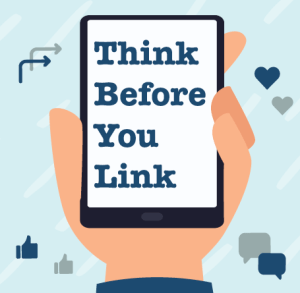 In today's information-rich world, it can be challenging to separate fact from fiction. GPL is here to help you sort through what you read and watch, and our librarians have the tools and knowledge to guide you. Read below for resources you can use to help you think before you link.
In today's information-rich world, it can be challenging to separate fact from fiction. GPL is here to help you sort through what you read and watch, and our librarians have the tools and knowledge to guide you. Read below for resources you can use to help you think before you link.
Fact checking websites
Snopes, opens a new window: Snopes in an independent publication of the Snopes Media Group and the oldest fact-checking site online.
Factcheck.org, opens a new window: This nonpartisan nonprofit is a project of the Annenberg Public Policy Center of the University of Pennsylvania.
Politifact, opens a new window: Pulitzer Prize winning nonpartisan fact-checking website owned by the nonprofit Poynter Institute for Media Studies.
Tips for Evaluating Sources
- Find out who wrote and published the information. Do they have a clear bias? Is it an established organization?
- Compare the information with other sources. Are there differences between the reported facts?
- Dig for details. Who or what is quoted in the article? When was it published? Do they list their sources?
- Beware of edited or out of context images and videos. Can you do a reverse image search to see where else the photo has been used?
Media Bias
Most media outlets have some bias. Use the websites below to learn more.
AllSides, opens a new window: AllSides Media Bias Ratings help you identify the different perspectives and political leanings of news organizations.
Ad Fontes, opens a new window: The Ad Fontes Media Bias Chart rates over 2700 news sources for bias and reliability.
Want to learn more?
The Library is a great resource for evaluating information.
Think before you link! Resources to help you evaluate news and online information.
How can you figure out the truth about a topic? These information literacy resources are perfect for school age kids.



Add a comment to: Think Before You Link